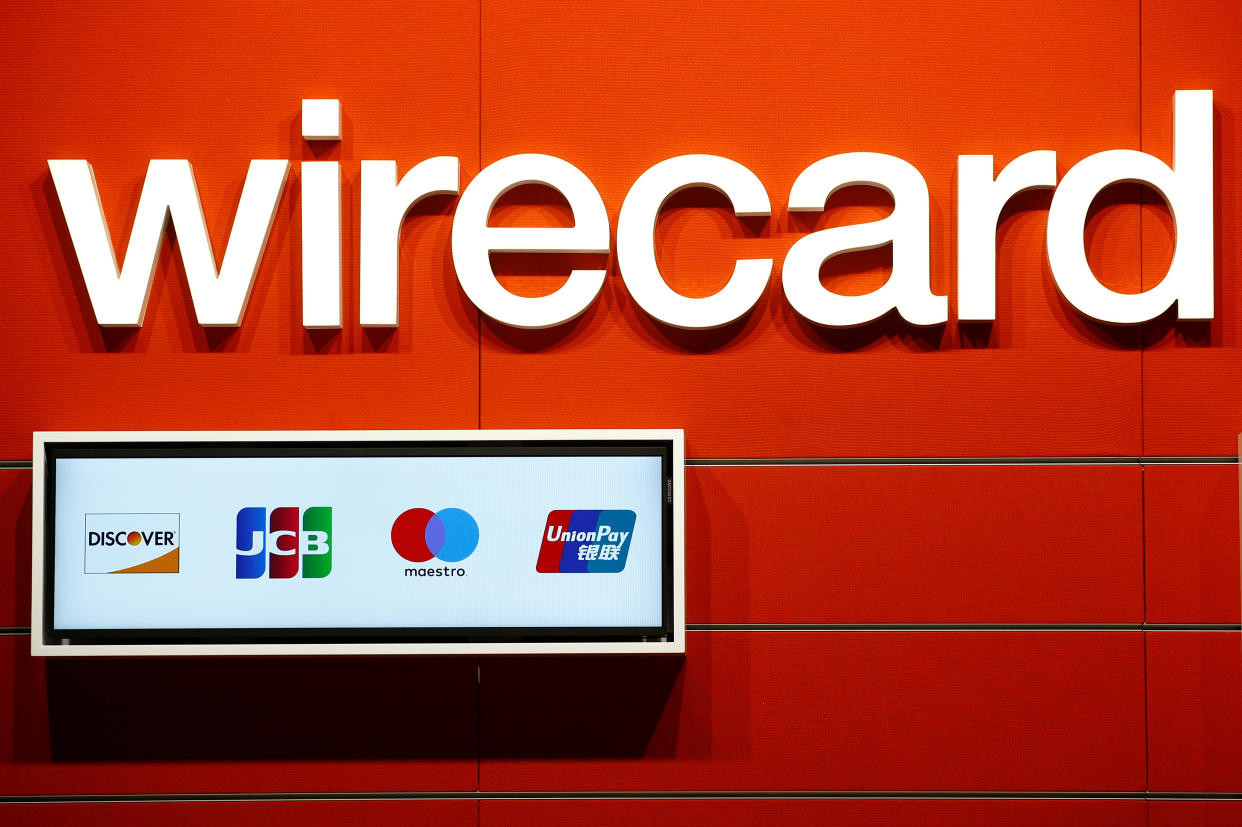Embattled German payments giant Wirecard hires independent auditor

German payments firm Wirecard (WDI.DE) on Monday said that it had hired KPMG to conduct an independent audit of its finances in the wake of allegations that it fraudulently inflated sales figures and profits.
The fintech giant has been the subject of a series of articles in the Financial Times, which have called into question its accounting methods.
The newspaper last week published a report based on internal spreadsheets and correspondence that appeared to show that around €4.2bn in payments routed through a Dubai intermediary company produced more profit than €62bn in transactions routed elsewhere.
While Wirecard has denied “allegations of impropriety”, the company has not disputed the authenticity of the documents published by the Financial Times. Shares in the company fell by more than 20% after the report.
Wirecard said that KPMG’s audit will begin “immediately” and that the accounting firm would “receive unrestricted access to all information on all levels of the group.”
“The results of the report will be published,” the company said, noting that KPMG will report directly to Wirecard’s supervisory board and not CEO Markus Braun.
Wulf Matthias, who chairs the supervisory board, said the company had “complete confidence” in the audit procedures within the company. “We assume this renewed independent review will lead to a final end to all further speculation,” Matthias said.
‘An annoyance’
Shares in Wirecard climbed by more than 5% on Monday after the announcement. As recently as Friday, Matthias had dismissed calls for an independent audit, calling the accounting allegations “an annoyance.”
“We have endless stories [about Wirecard], three a day. I have not looked at them in further detail. We have other things to do,” he said.
Though the company has faced a number of allegations over its 20-year history, it has had a remarkable rise. Its €14bn market cap rivals that of Deutsche Bank, once considered Germany’s leading blue-chip financial giant.
A February report in the Financial Times alleged that there had been serious forgery and falsification of accounts at Wirecard’s Singapore office. An investigation by law firm Rajah & Tann found no evidence of criminal misconduct.
A March report then suggested that senior officials, including the firm’s head of accounting, were aware of a “round-tripping” scheme allegedly designed to make suspect transactions look legitimate.
In part because of allegations of impropriety, the company has been a perennial target of speculative short sellers, who borrow shares in the company to sell, hoping that they can buy them back later at a lower price.
Wirecard even accused the Financial Times of market manipulation, suggesting that it was colluding with short sellers. But an independent investigation by a law firm found no evidence of such a gambit.


